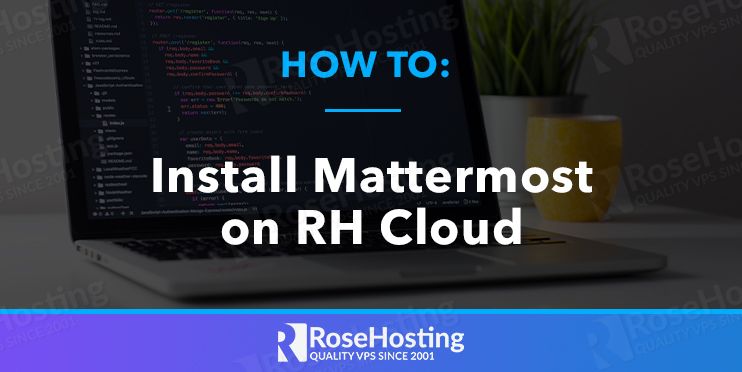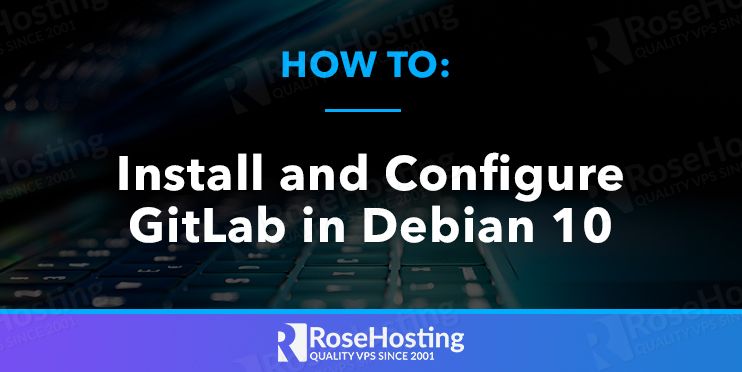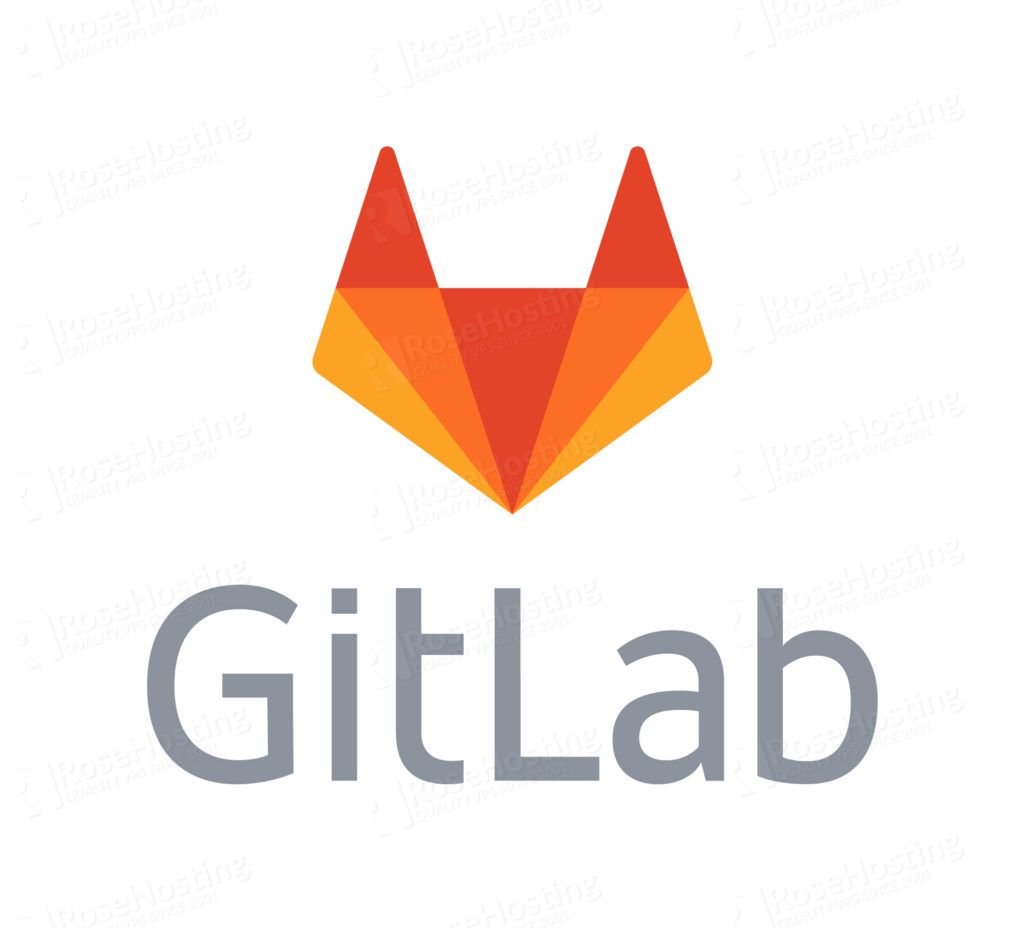
In this tutorial, we are going to show you how to install the Gitea software on your VPS along with Nginx as a webserver and Free Let’s Encrypt certificate, using Ubuntu 20.04.

Gitea is software written in “Go” programing language and is similar to Bitbucket, GitHub, and Gitlab. The software is used for self-hosted Git service and is compatible with multiple operating systems like Linux, Windows, macOS, and ARM.
The installation will take no more than 10 minutes and you will enjoy it while installing it. Let’s get started!











